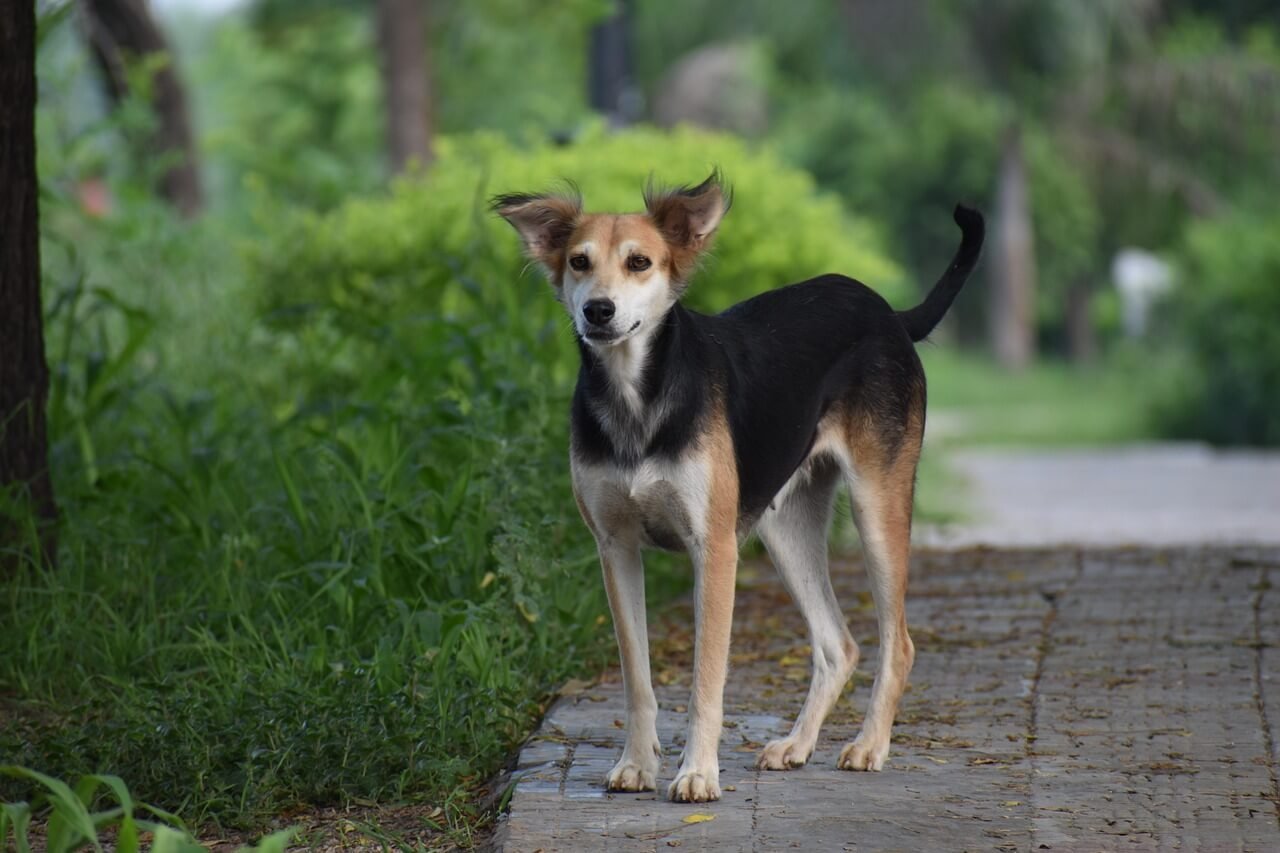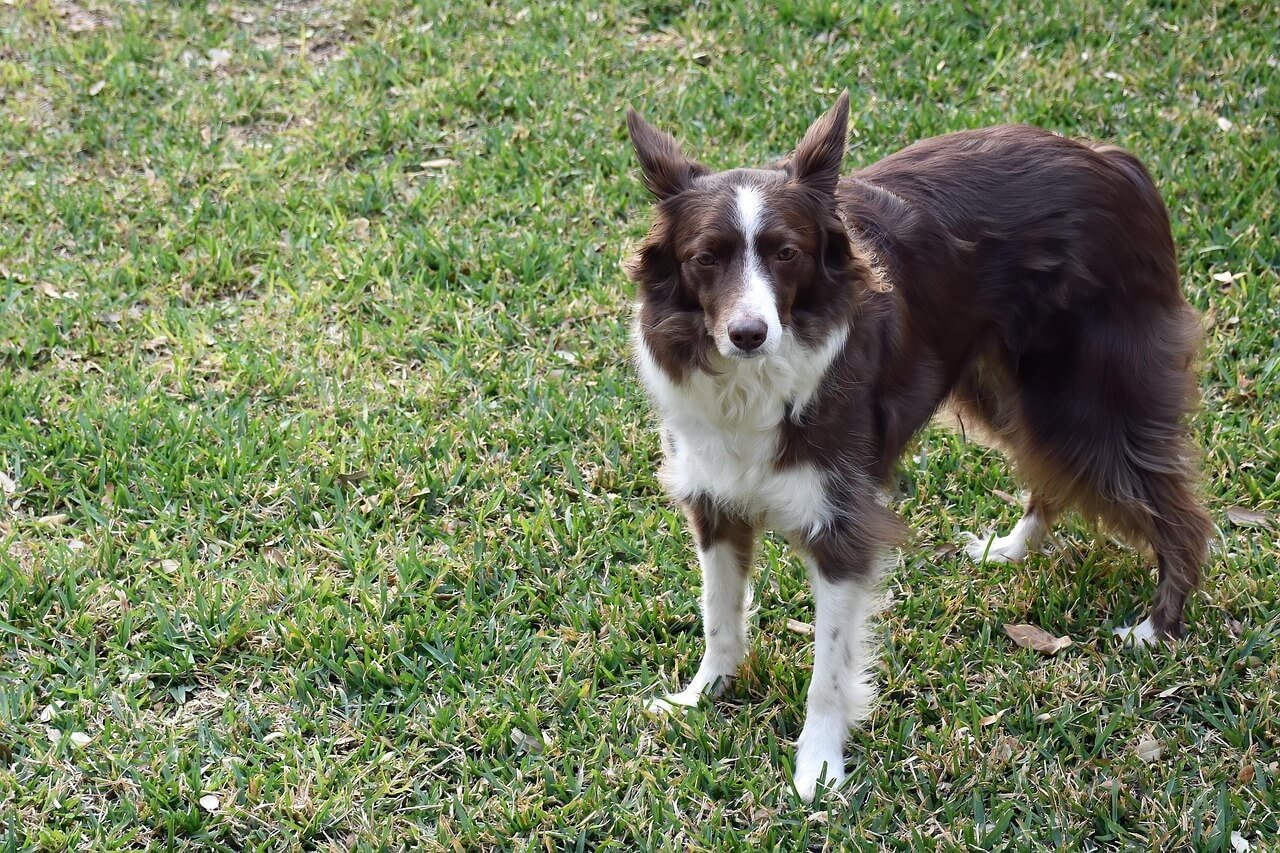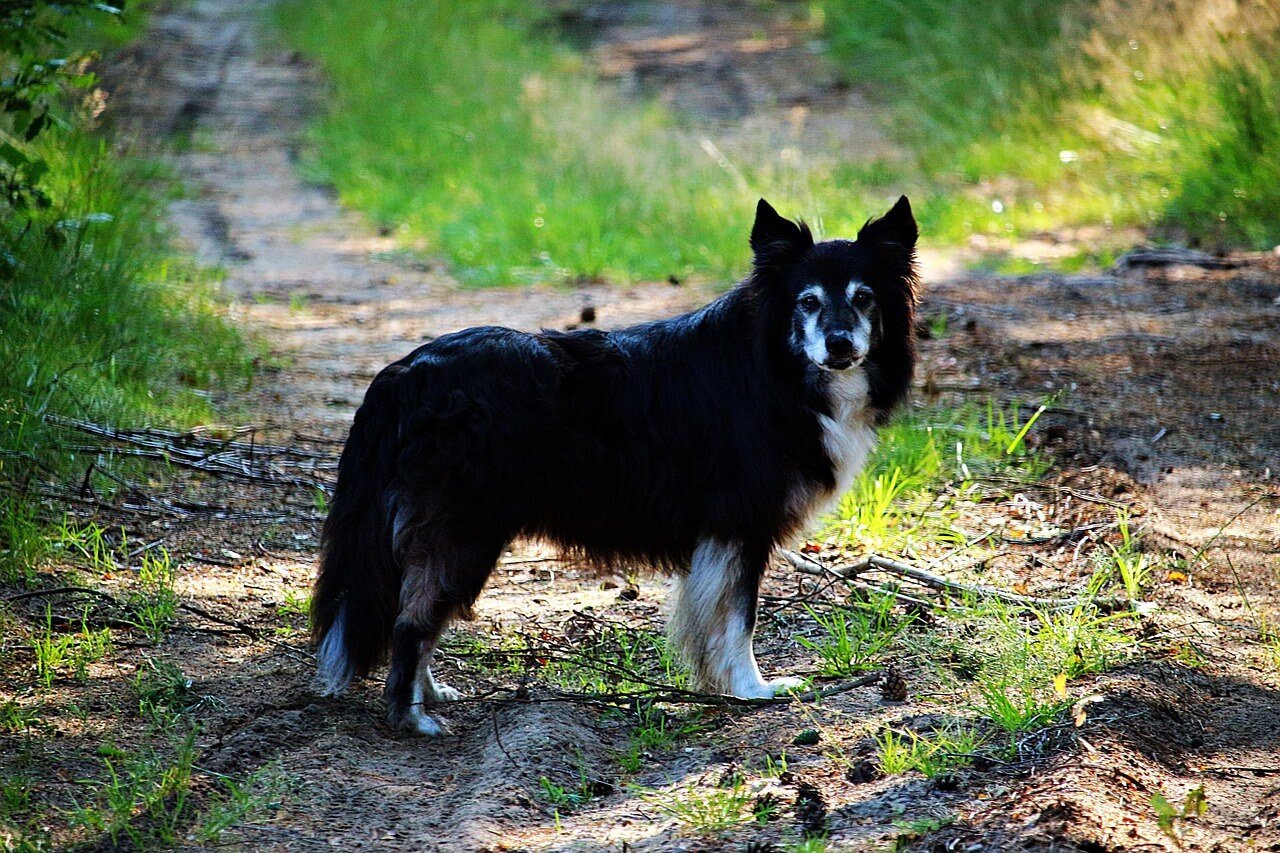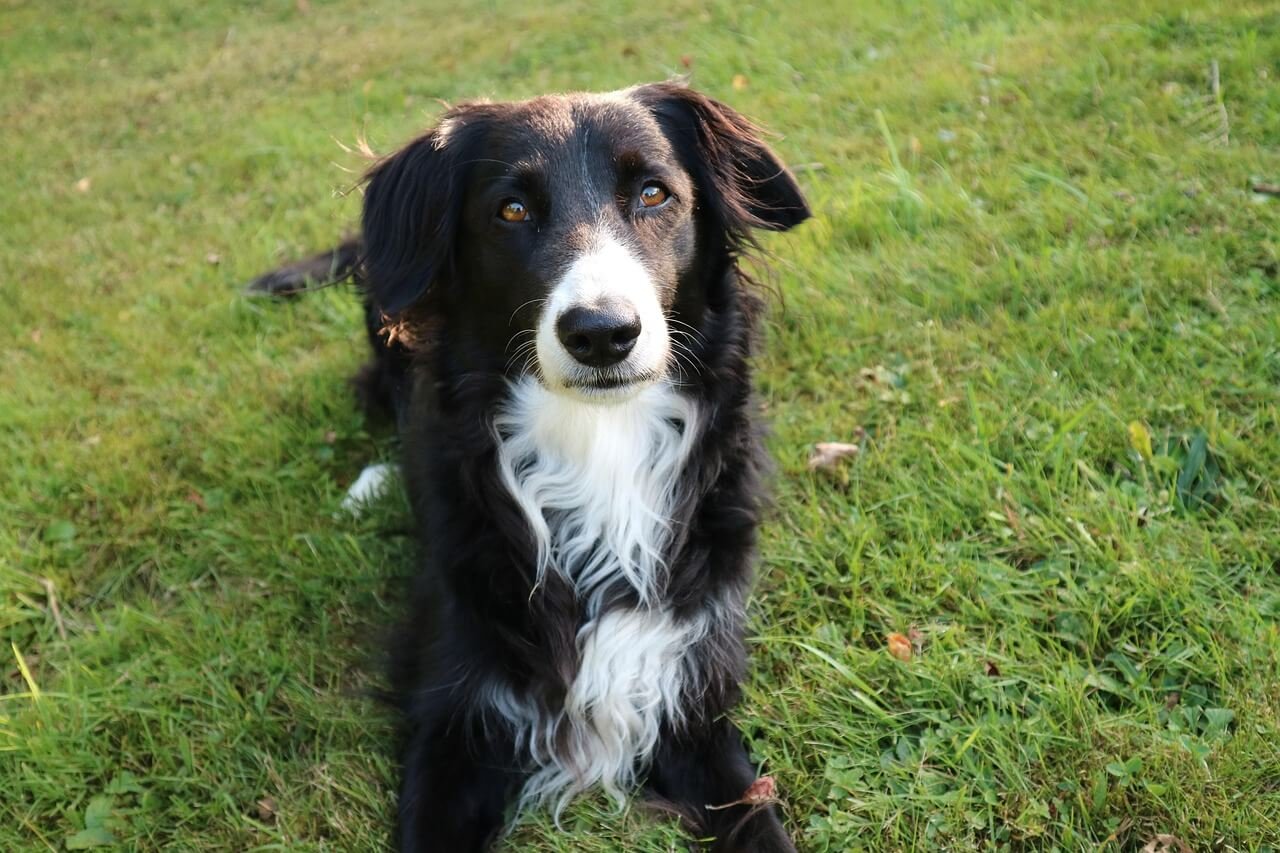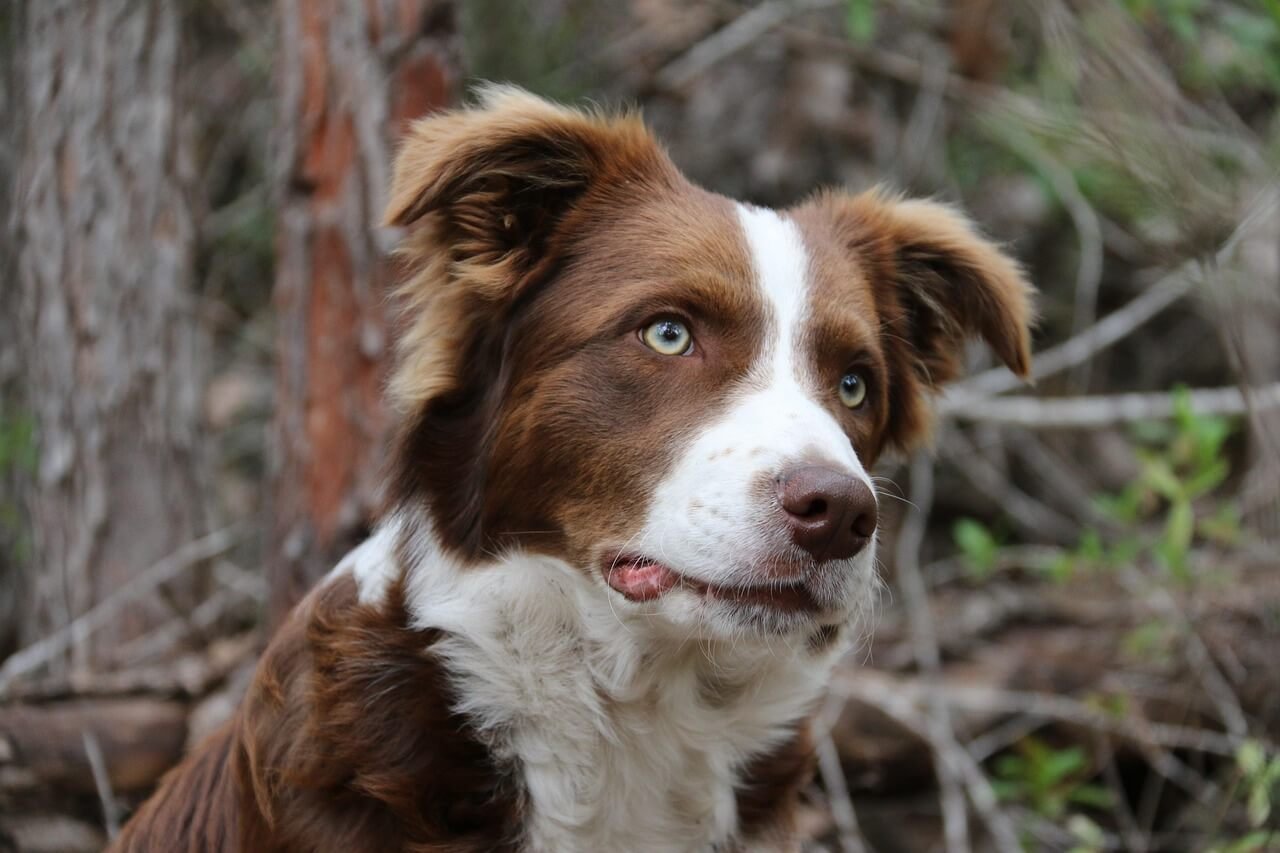Home Remedies for Dog Drooling: Effective Solutions to Keep Your Pup Comfortable
Excessive drooling in dogs can be concerning, but it’s often a sign of something minor, like excitement or mild discomfort. However, if your furry friend is suddenly drooling more than usual, it could indicate an underlying issue that needs attention. Before rushing to the vet, there are several home remedies you can try to help soothe your dog and reduce excessive drooling. In this blog post, we’ll explore natural solutions, identify potential causes, and provide tips to keep your pup happy and healthy. Whether it’s addressing anxiety, dental issues, or dietary concerns, these remedies will empower you to care for your dog with confidence.
Common Causes of Excessive Drooling in Dogs
Understanding why your dog is drooling excessively is the first step toward finding the right solution. Here are some common reasons behind this behavior:
Dental Problems:
Gum disease, tooth decay, or mouth injuries can cause discomfort and lead to increased drooling.Nausea or Digestive Issues:
Upset stomachs or ingestion of something toxic can trigger excessive saliva production.Anxiety or Stress:
Fear, separation anxiety, or unfamiliar environments may cause your dog to drool more than usual.Foreign Objects in the Mouth:
Sticks, grass, or other objects stuck in your dog’s mouth can irritate their gums and salivary glands.Heatstroke or Dehydration:
Overheating can cause panting and drooling as your dog tries to cool down.
Identifying the root cause of your dog’s drooling will help you choose the most effective remedy and ensure their comfort.
Effective Home Remedies for Dog Drooling
Once you’ve identified the possible cause of your dog’s drooling, you can try these safe and natural remedies at home:
Chamomile Tea Soothing Rinse:
Brew chamomile tea, let it cool, and use it as a rinse for irritated gums or mouth injuries.Coconut Oil for Oral Health:
Add a teaspoon of coconut oil to your dog’s food to promote gum health and reduce inflammation.Cold Compress for Anxiety:
Wrap an ice pack in a towel and place it near your dog during stressful situations to calm them down.Probiotics for Digestive Health:
Incorporate plain yogurt or probiotic supplements into their diet to support gut health and reduce nausea.Hydration Boosters:
Offer fresh water frequently or freeze chicken broth into ice cubes to encourage hydration and cooling.
These remedies are gentle, easy to implement, and can make a noticeable difference in your dog’s condition.
Check this guide 👉Home Remedy for Dog Constipation: Best 7 Expert Tips!
Check this guide 👉Understanding Dog Swollen Eye Home Treatment: Best 7 Tips!
Check this guide 👉Home Remedies for Dog Ear Infections: Best 7 Health Tips!
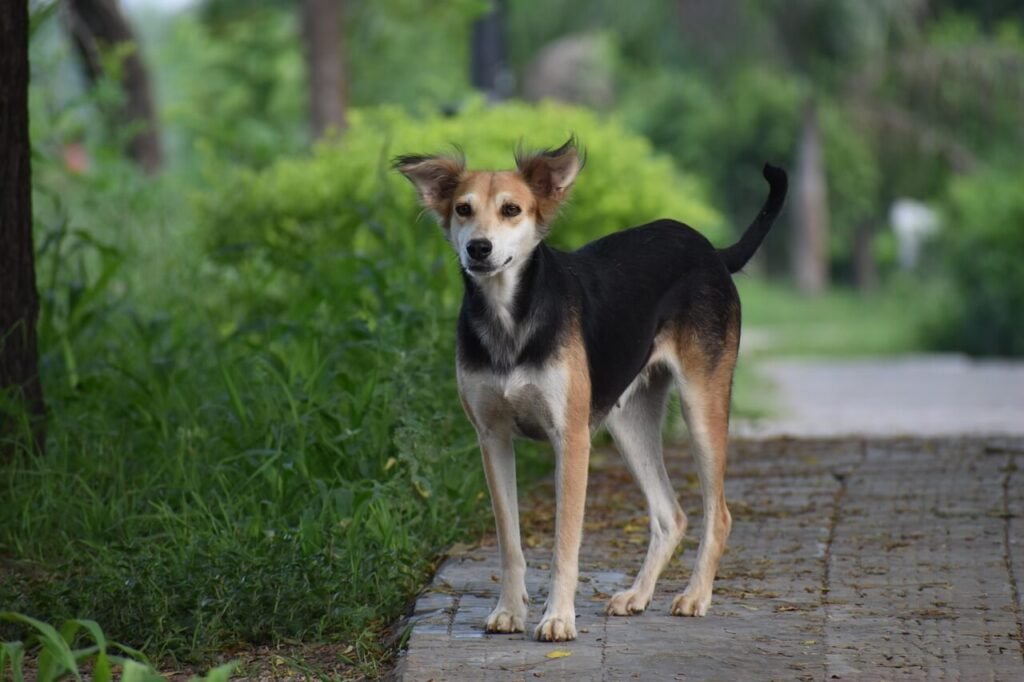
Cause of Drooling | Recommended Home Remedy |
|---|---|
Dental Issues | Chamomile tea rinse or coconut oil |
Anxiety or Stress | Cold compress or calming music |
Nausea or Digestive Problems | Probiotics or ginger tea (in small amounts) |
Foreign Object in Mouth | Inspect and remove gently, or consult a vet |
Heatstroke or Dehydration | Provide cold water and frozen broth treats |
Tips for Preventing Excessive Drooling in Dogs
Prevention is always better than cure. Here are some proactive steps you can take to minimize excessive drooling and keep your dog comfortable:
Regular Dental Checkups:
Schedule routine cleanings to prevent plaque buildup and gum disease.Monitor Diet and Treats:
Avoid feeding your dog foods that upset their stomach or contain harmful ingredients.Create a Calm Environment:
Use calming scents like lavender or play soft music to reduce anxiety triggers.Inspect Toys and Chew Items:
Ensure toys are safe and free of small parts that could break off and cause injury.Stay Vigilant During Walks:
Keep an eye on what your dog picks up or chews while outside to avoid ingestion of harmful objects.
By taking these preventive measures, you can reduce the likelihood of excessive drooling and maintain your dog’s overall well-being.
Signs That Indicate You Should See a Vet
While home remedies can address many causes of drooling, some situations require professional attention. Here are signs that it’s time to consult your veterinarian:
Persistent Drooling:
If the drooling doesn’t improve after trying remedies, it could signal a deeper issue.Foul Breath or Swollen Gums:
These symptoms often point to serious dental problems that need treatment.Difficulty Eating or Swallowing:
This could indicate a blockage or infection that requires immediate care.Lethargy or Vomiting:
Accompanying symptoms like vomiting or extreme tiredness suggest toxicity or illness.Unexplained Behavioral Changes:
Sudden changes in mood or activity levels alongside drooling warrant a vet visit.
Recognizing these warning signs ensures your dog receives timely medical attention when needed.
Signs Your Dog’s Drooling Is Anxiety-Related
Sometimes, excessive drooling is a result of anxiety or stress rather than physical discomfort. Here are signs that your dog’s drooling may be linked to emotional distress:
Panting and Pacing:
Dogs often pant and pace when they’re anxious, which can accompany drooling.Excessive Licking:
Licking themselves or objects around the house may indicate nervousness.Whining or Vocalizing:
Anxious dogs may whine, bark, or howl more frequently than usual.Hiding Behavior:
If your dog retreats to a secluded spot and drools, it could signal fear or unease.Destructive Chewing:
Chewing on furniture or other items while drooling might be a coping mechanism for stress.
If you notice these behaviors alongside drooling, addressing the root cause of your dog’s anxiety is key to resolving the issue.
Foods That Can Trigger Excessive Drooling
Certain foods can irritate your dog’s mouth or stomach, leading to increased drooling. Here are some common dietary culprits to watch out for:
Spicy or Acidic Foods:
Ingredients like peppers or citrus fruits can irritate your dog’s sensitive mouth lining.High-Sodium Snacks:
Salty treats can make your dog excessively thirsty and trigger drooling.Raw Bones or Hard Treats:
These can cause cuts or abrasions in the mouth, leading to irritation and saliva buildup.Toxic Foods:
Items like chocolate, grapes, or onions can poison your dog and induce drooling as a symptom.Unfamiliar Human Foods:
Introducing new foods without caution can upset their stomach and lead to digestive issues.
By avoiding these triggers, you can help prevent unnecessary drooling and keep your dog’s diet safe and healthy.
Ways to Calm an Overheated Dog
Heatstroke or overheating can cause excessive drooling as your dog tries to regulate their body temperature. Here are ways to cool down your pup effectively:
Provide Shade and Ventilation:
Move your dog to a shaded or air-conditioned area to help them cool off quickly.Offer Fresh Water:
Ensure they have access to clean, cool water to stay hydrated and reduce panting.Use a Cooling Mat:
Place your dog on a cooling mat designed to lower their body temperature safely.Wet Their Paws and Ears:
Dampen their paws and ears with cool (not cold) water to promote heat dissipation.Limit Outdoor Activity:
Avoid walks or playtime during peak heat hours to prevent overheating altogether.
Taking these steps promptly can help your dog recover from overheating and minimize drooling caused by excessive heat.
Frequently Asked Questions About Dog Drooling
Is drooling normal for all dogs?
Some breeds naturally drool more due to loose lips, but excessive drooling in any dog should be investigated.
Can allergies cause drooling?
Yes, food or environmental allergies can irritate your dog’s mouth and lead to increased saliva production.
How do I clean my dog’s teeth at home?
Use a dog-safe toothbrush and toothpaste to gently brush their teeth 2-3 times a week.
What human foods can cause drooling in dogs?
Spicy, salty, or toxic foods like onions, garlic, and chocolate can irritate their stomachs and trigger drooling.
Can stress cause long-term drooling?
Chronic stress can lead to ongoing drooling, so addressing the root cause is essential for your dog’s health.
Final Thoughts: Keeping Your Dog Happy and Drool-Free
Excessive drooling in dogs can be unsettling, but with the right knowledge and tools, you can address the issue confidently. From identifying the cause to trying safe home remedies, there are plenty of ways to help your furry friend feel better. Remember to stay observant and seek professional advice if symptoms persist or worsen. By combining preventive care, natural solutions, and regular checkups, you can ensure your dog remains healthy, comfortable, and full of joy. After all, a happy dog means a happy home!
Understanding Scabs in Dogs Ears: Best 7 Tips! Learn how to identify, treat, and prevent scabs in your dog’s ears for optimal ear health.
Is Cinnamon Bad for Dogs? Best 7 Health Tips! Discover safe ways to use cinnamon, risks to avoid, and expert advice to keep your dog healthy.
Can Dogs Get Pneumonia from Humans? Best 7 Tips! Learn how to protect your dog, understand transmission risks, and ensure their respiratory health.
Can Dog Urine Make You Sick? Best 7 Health Tips! Learn how to stay safe, prevent illness, and handle exposure to dog urine effectively.

